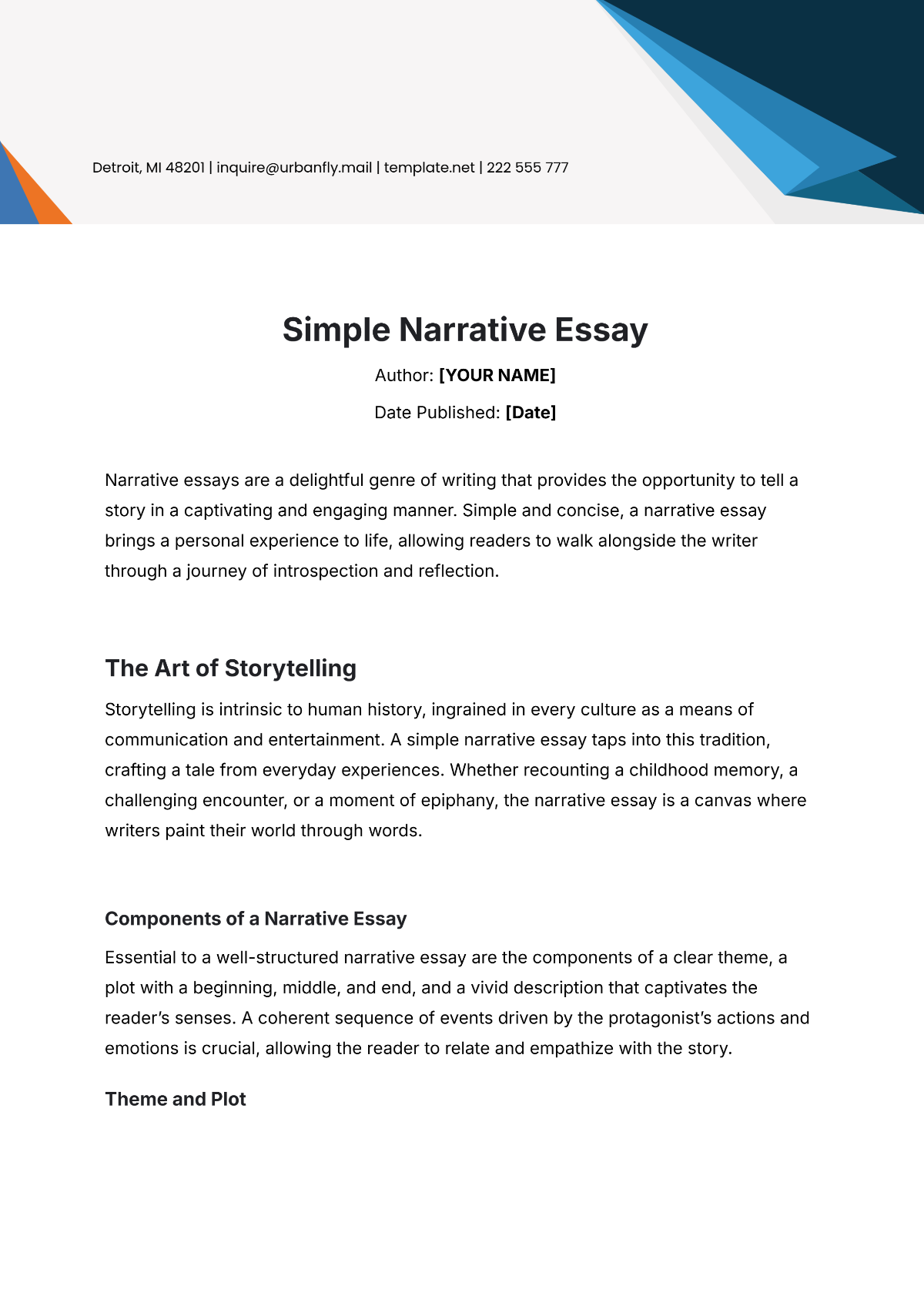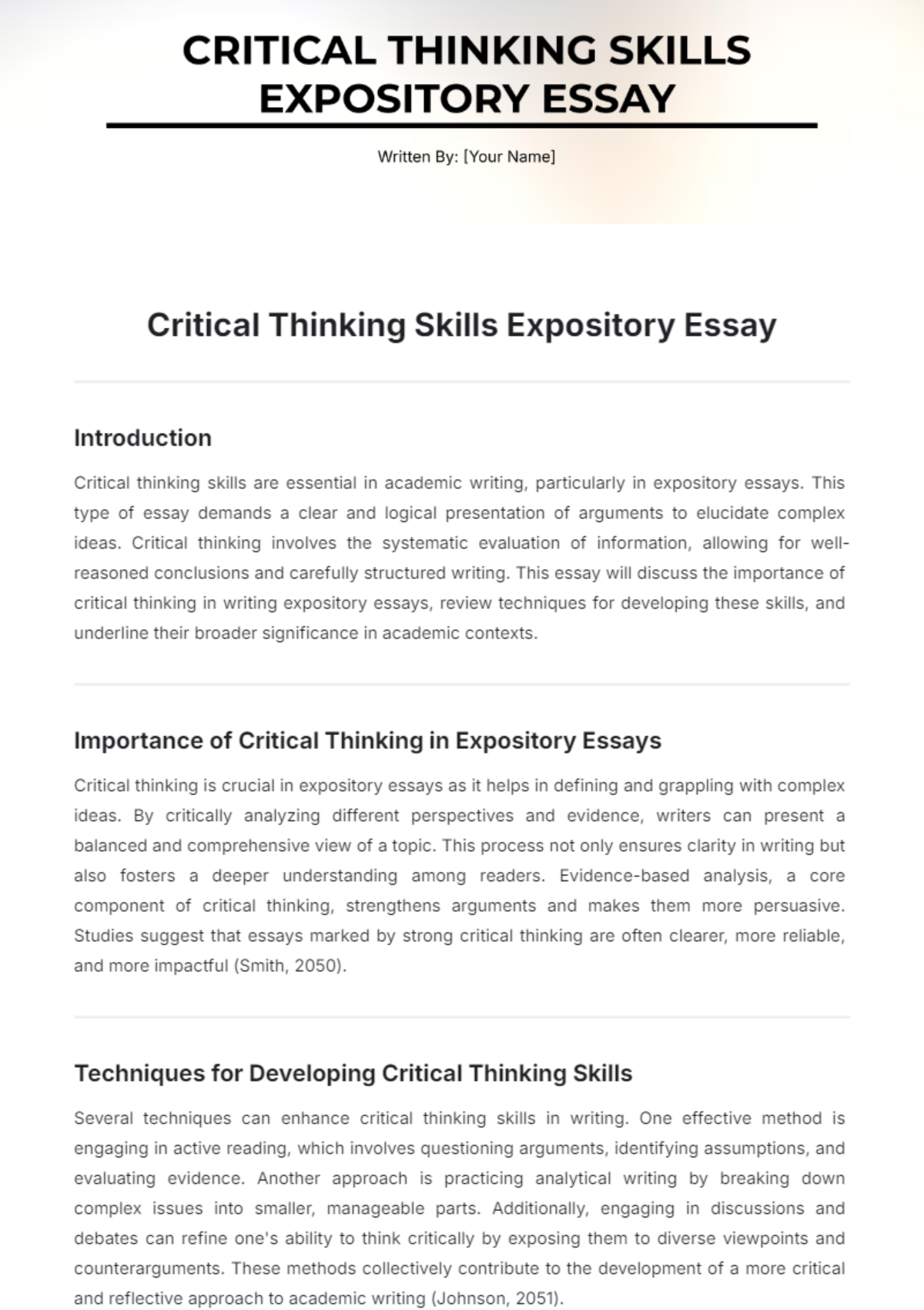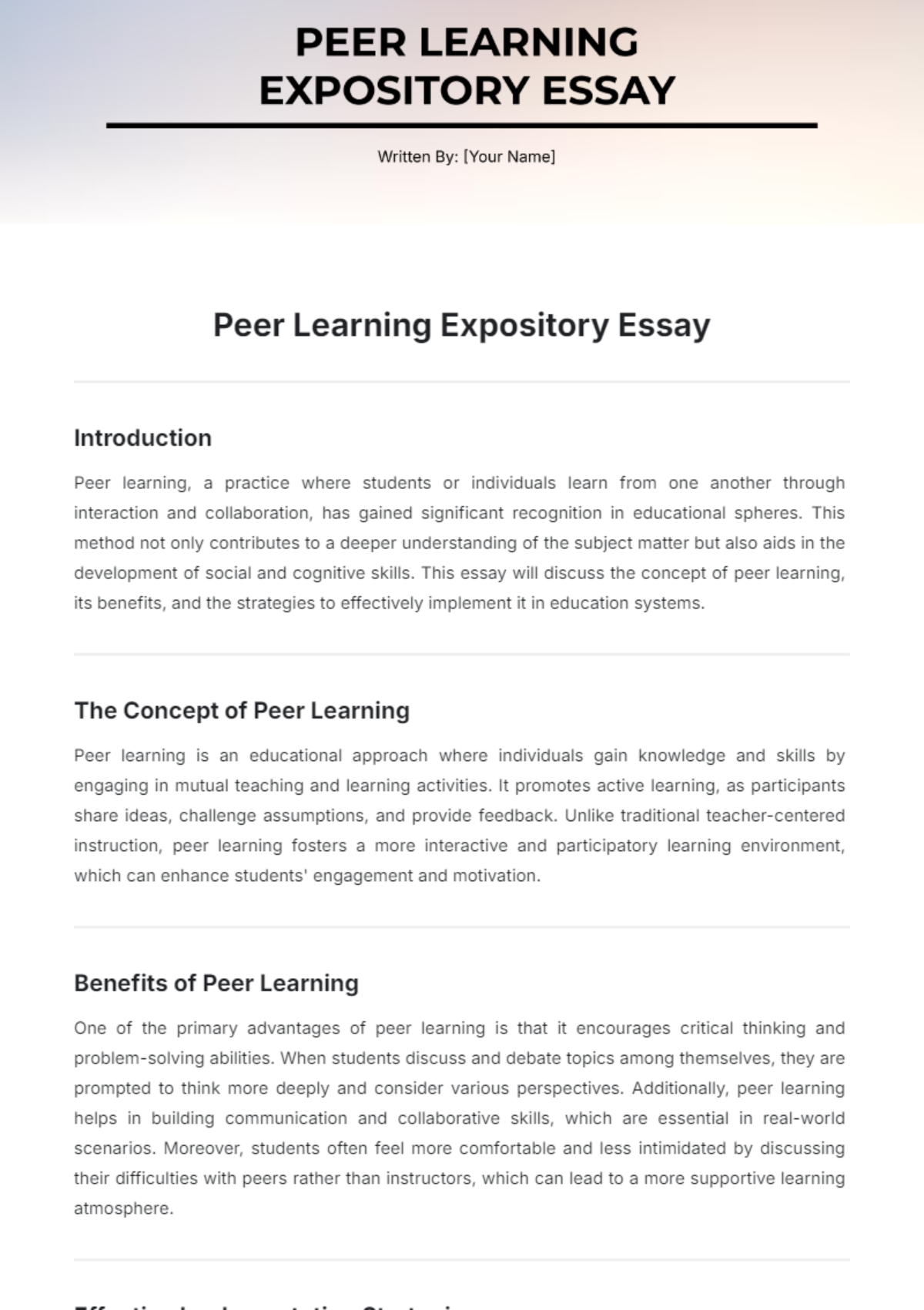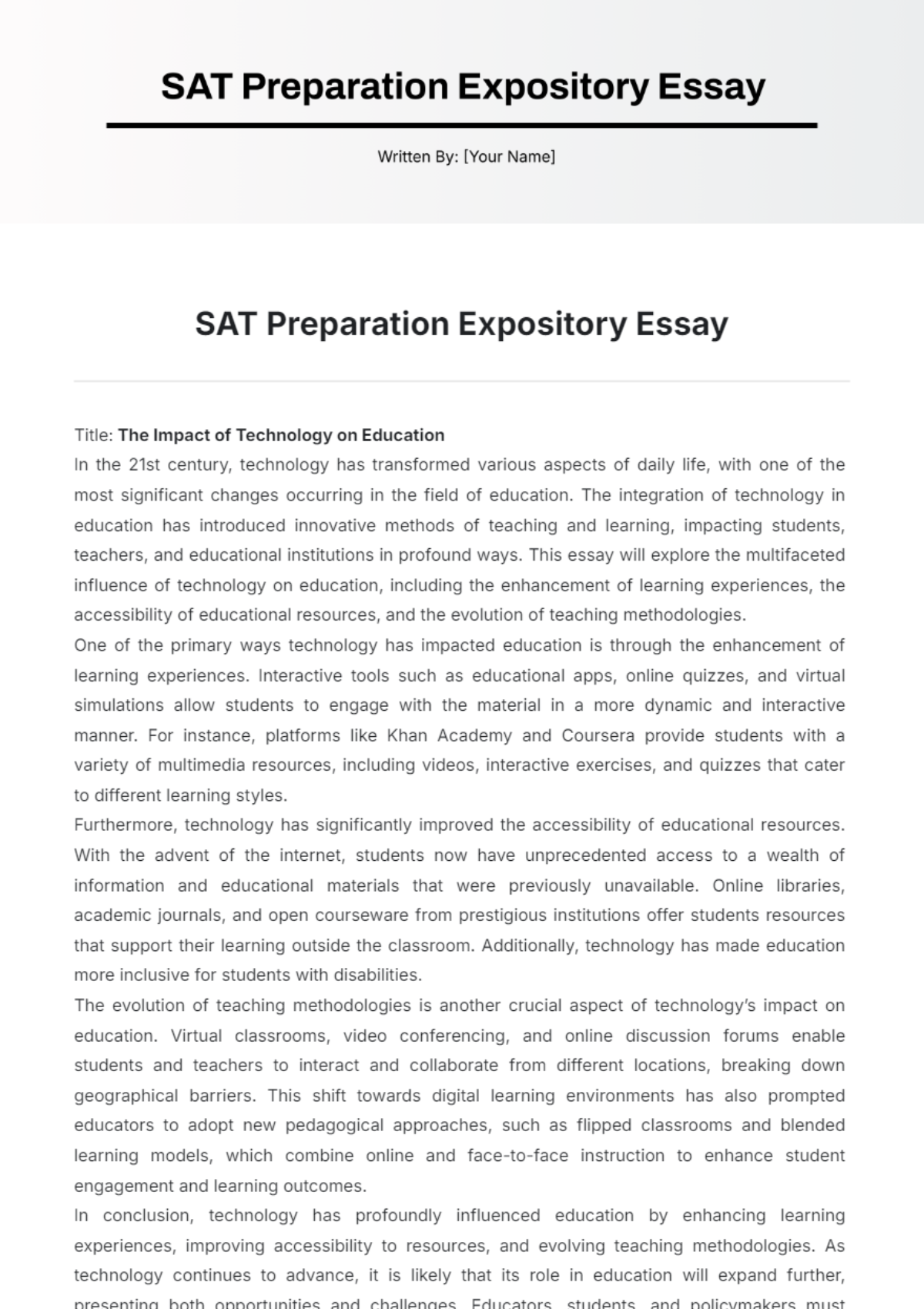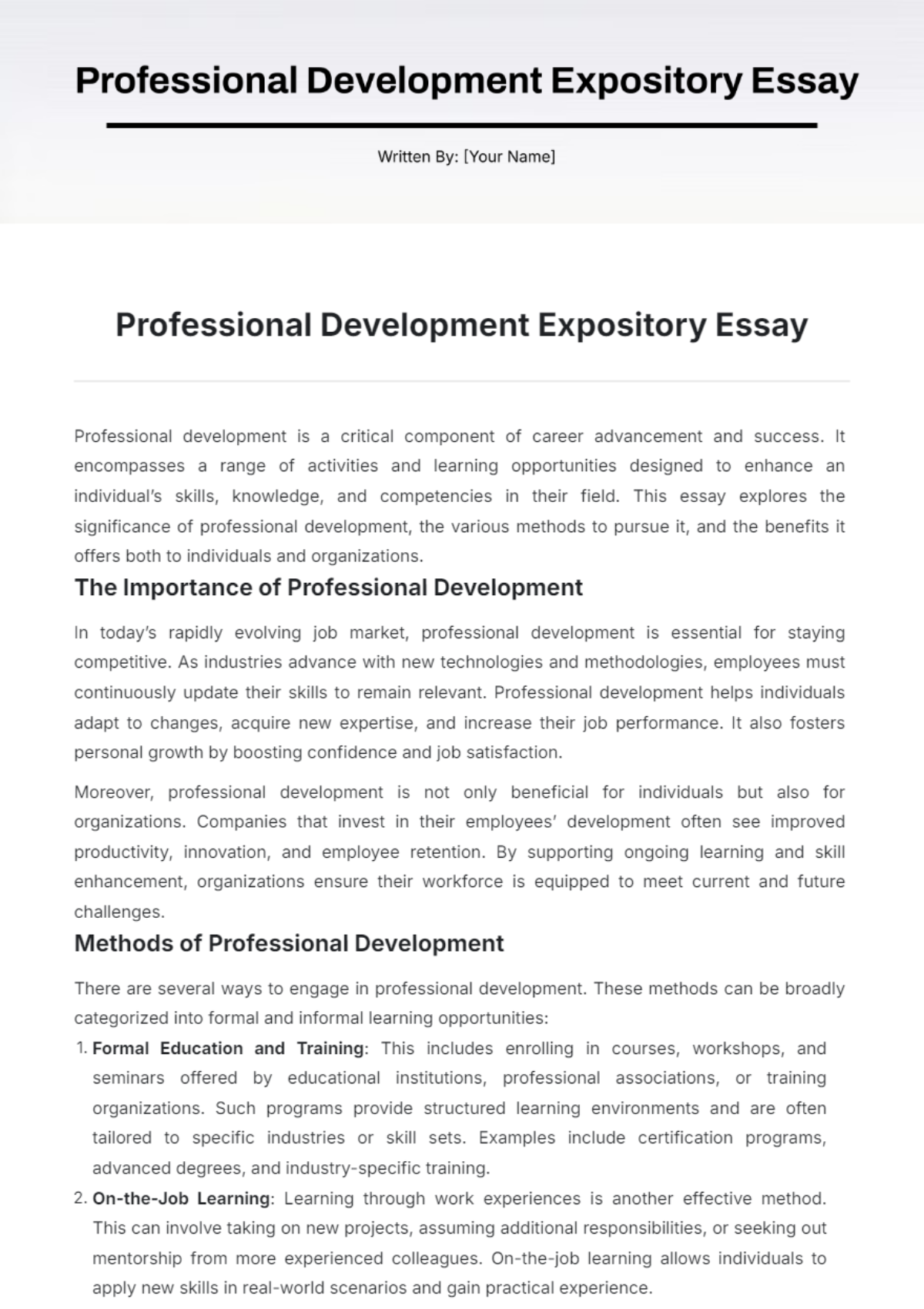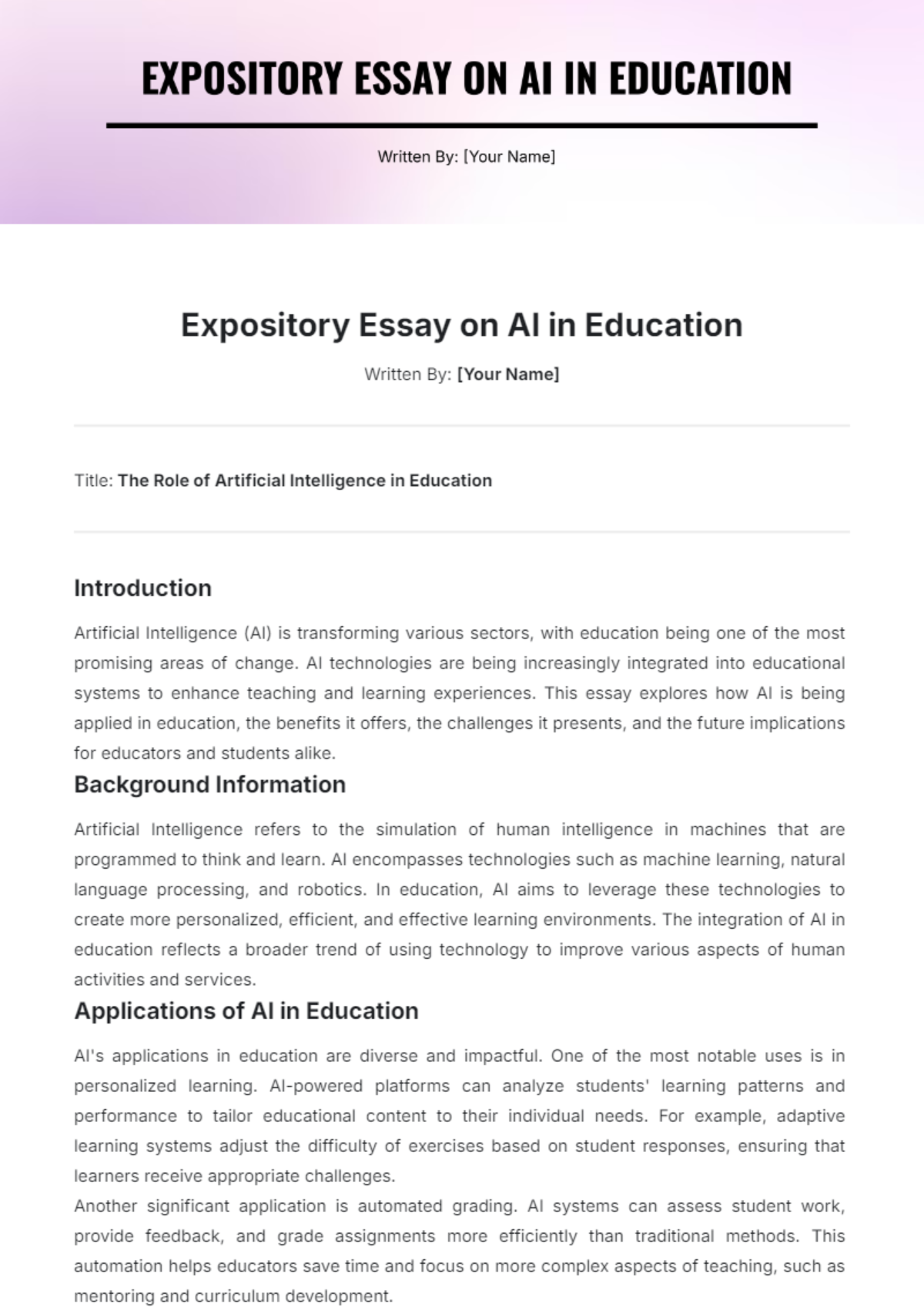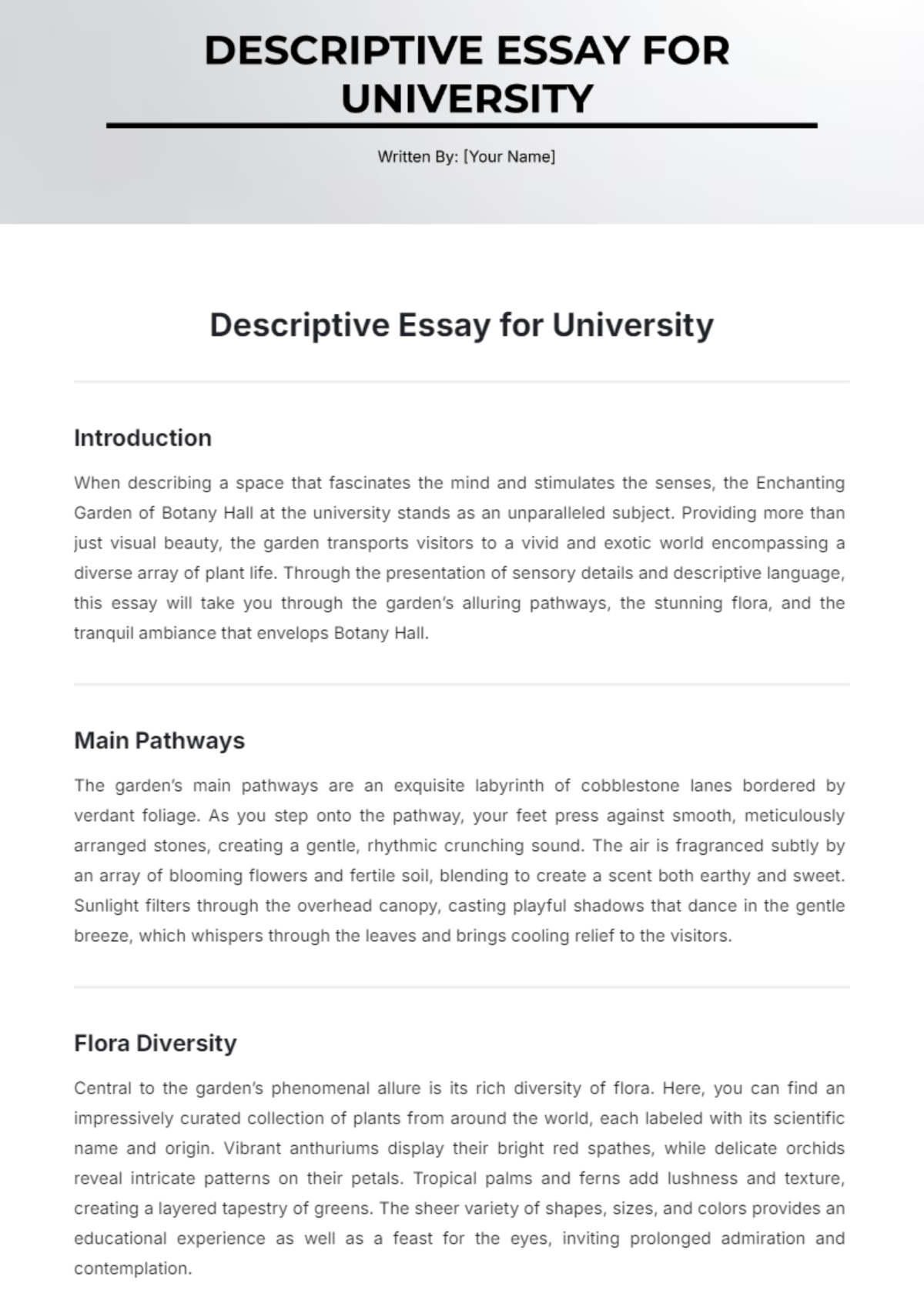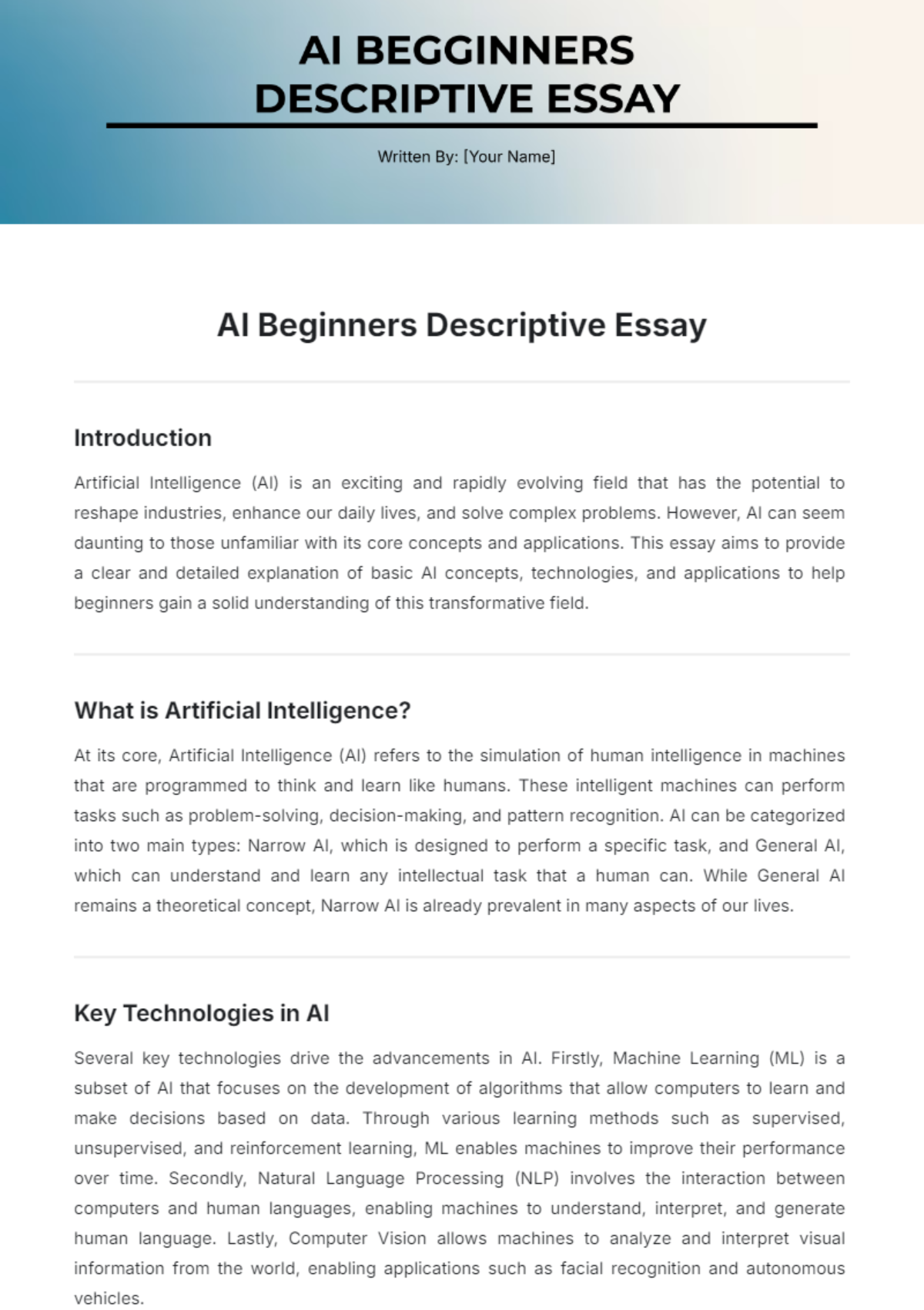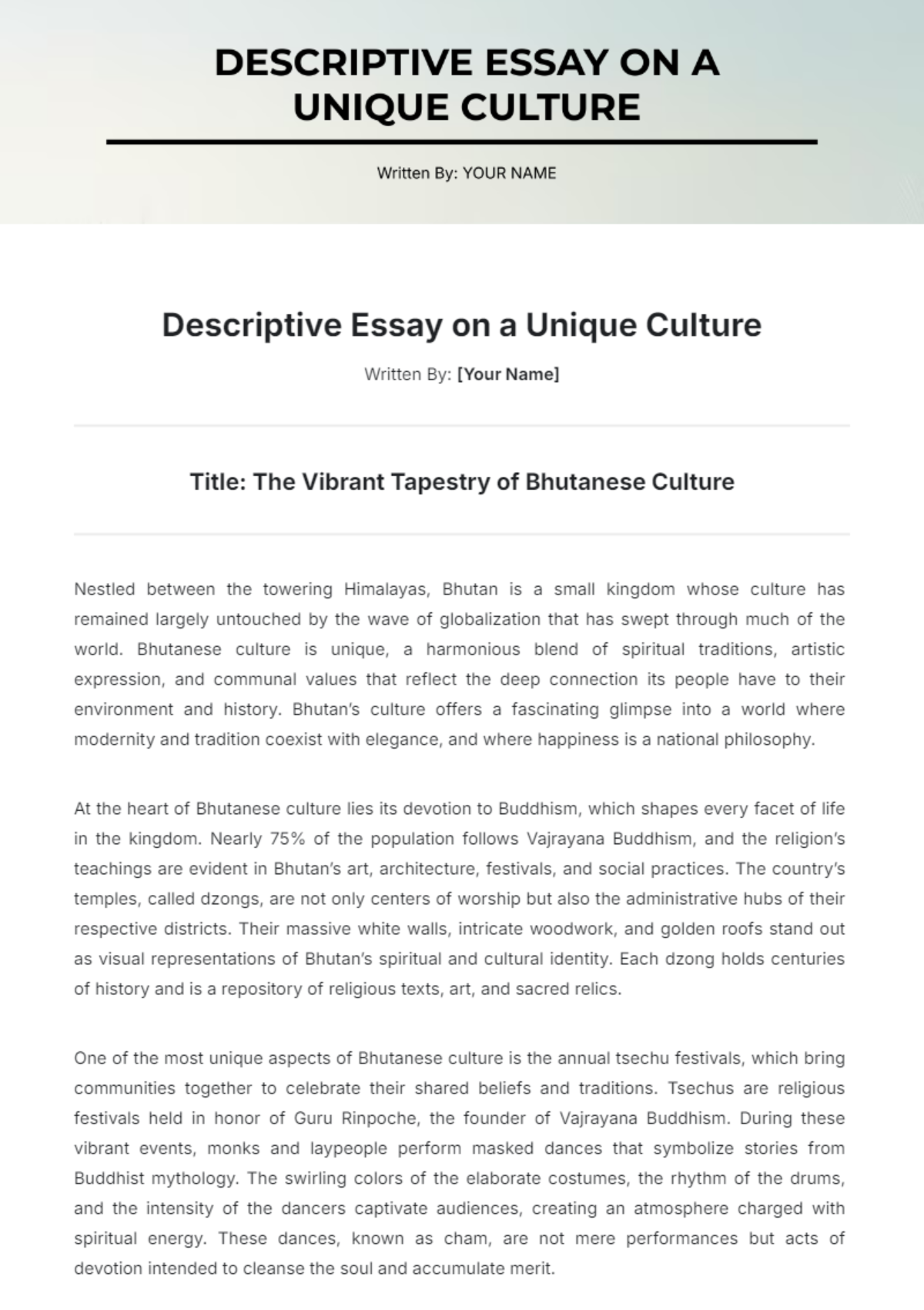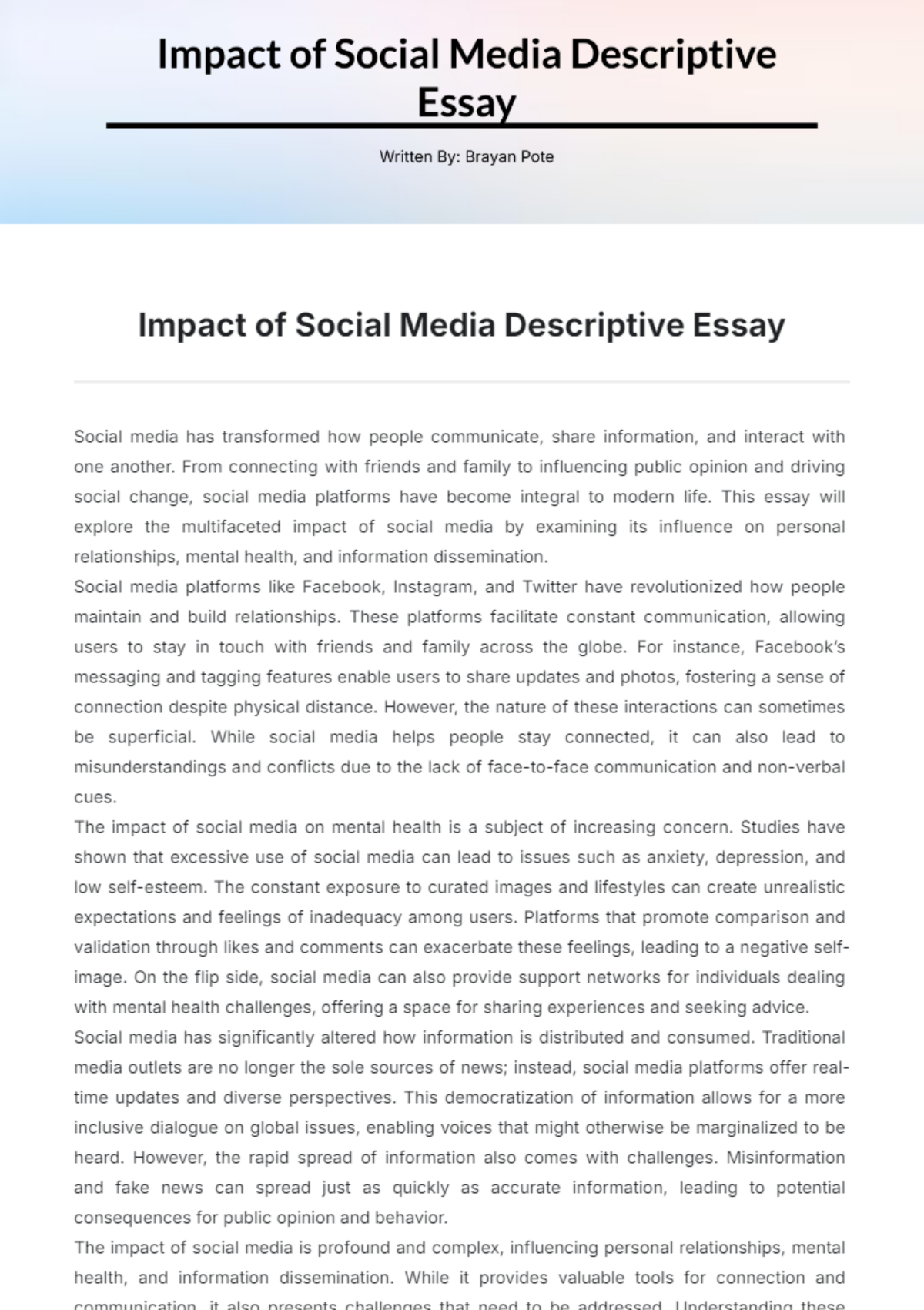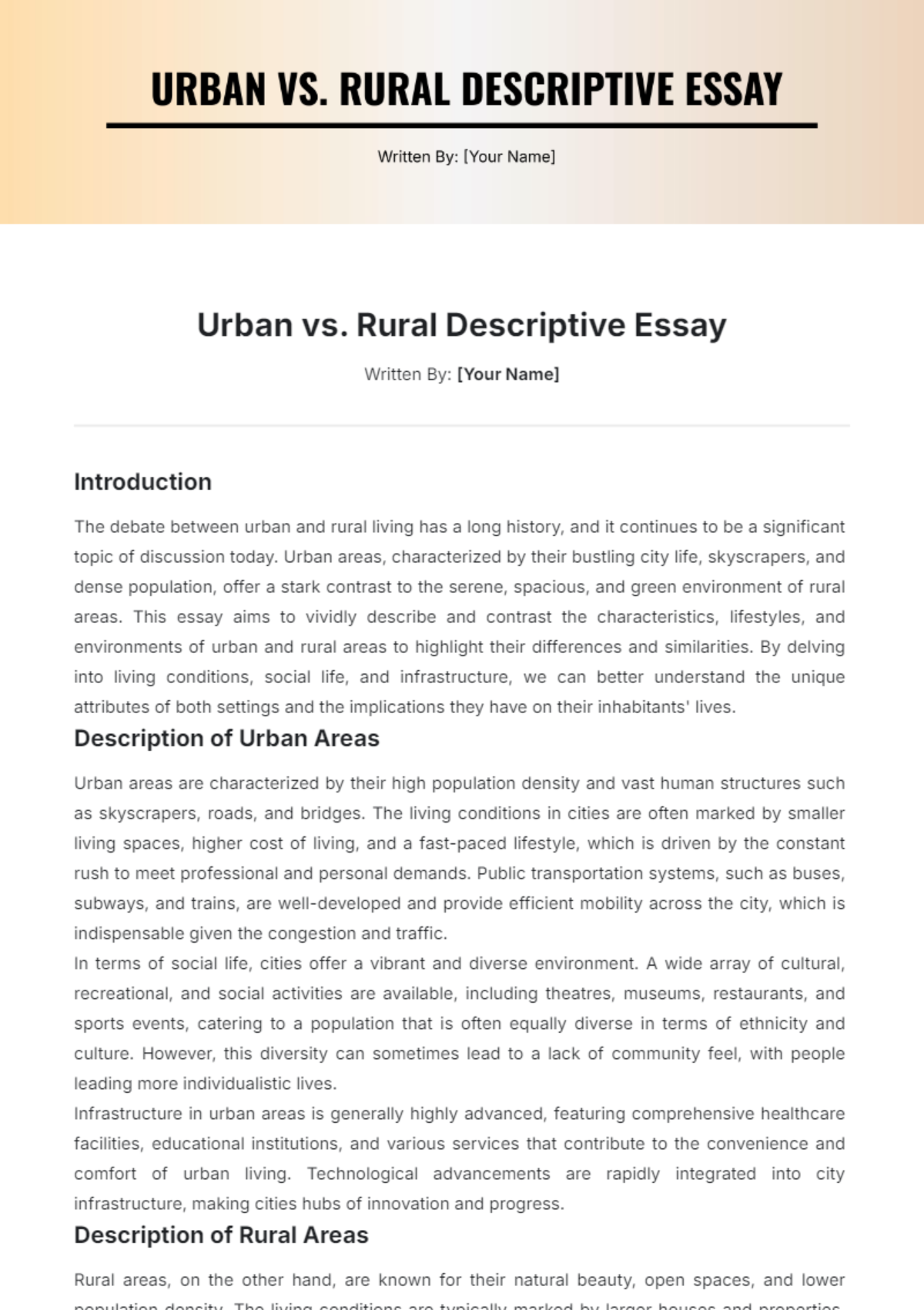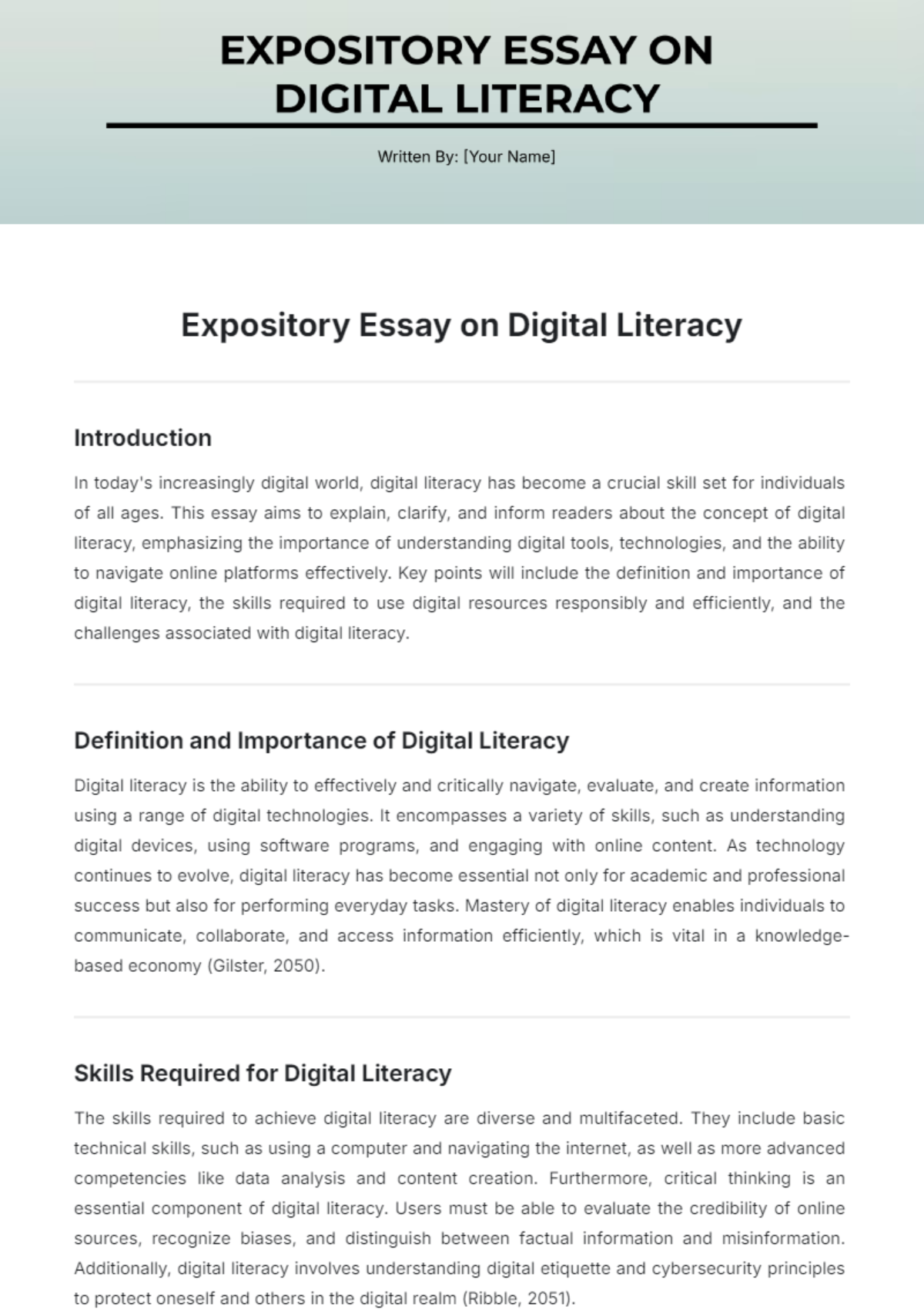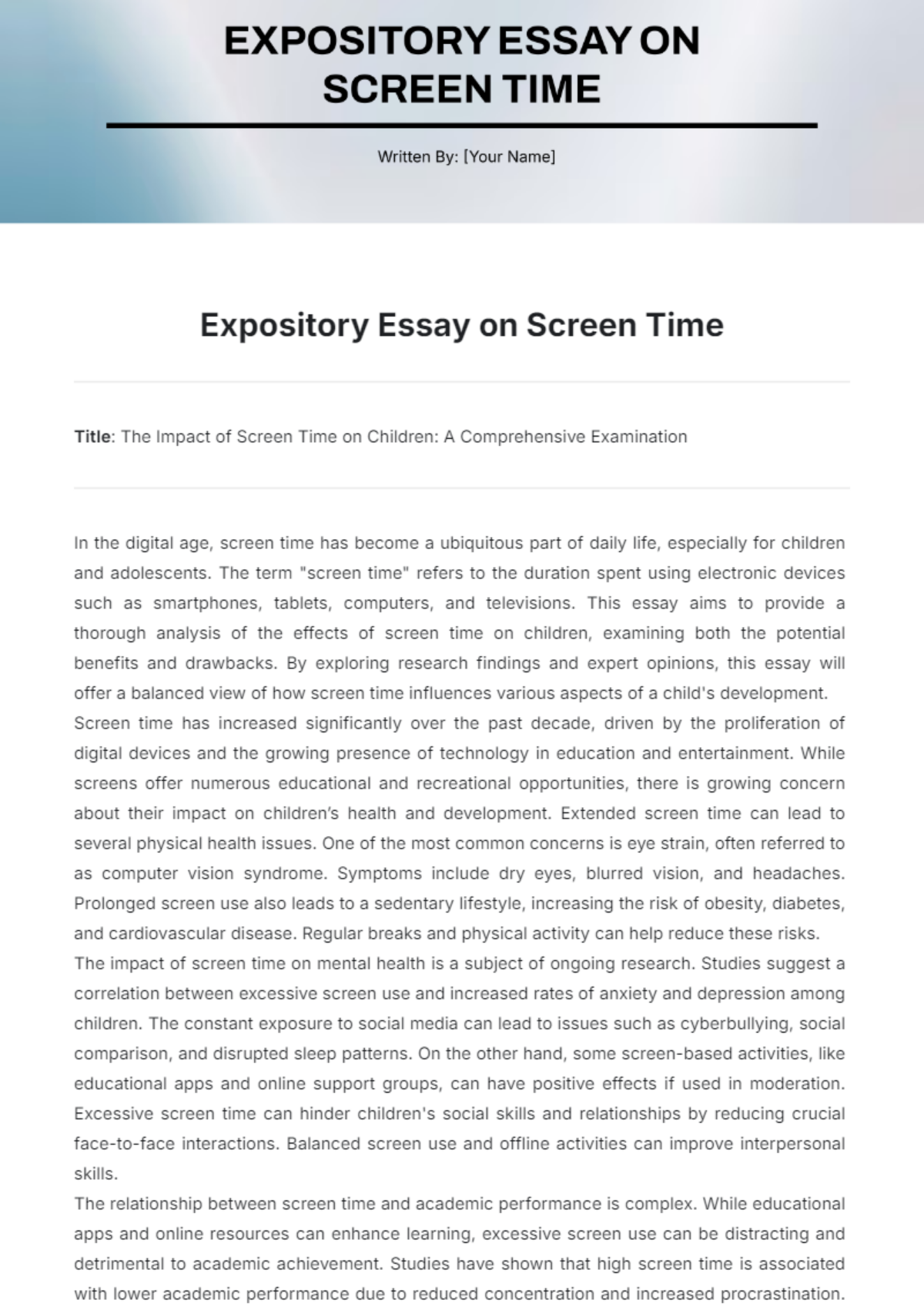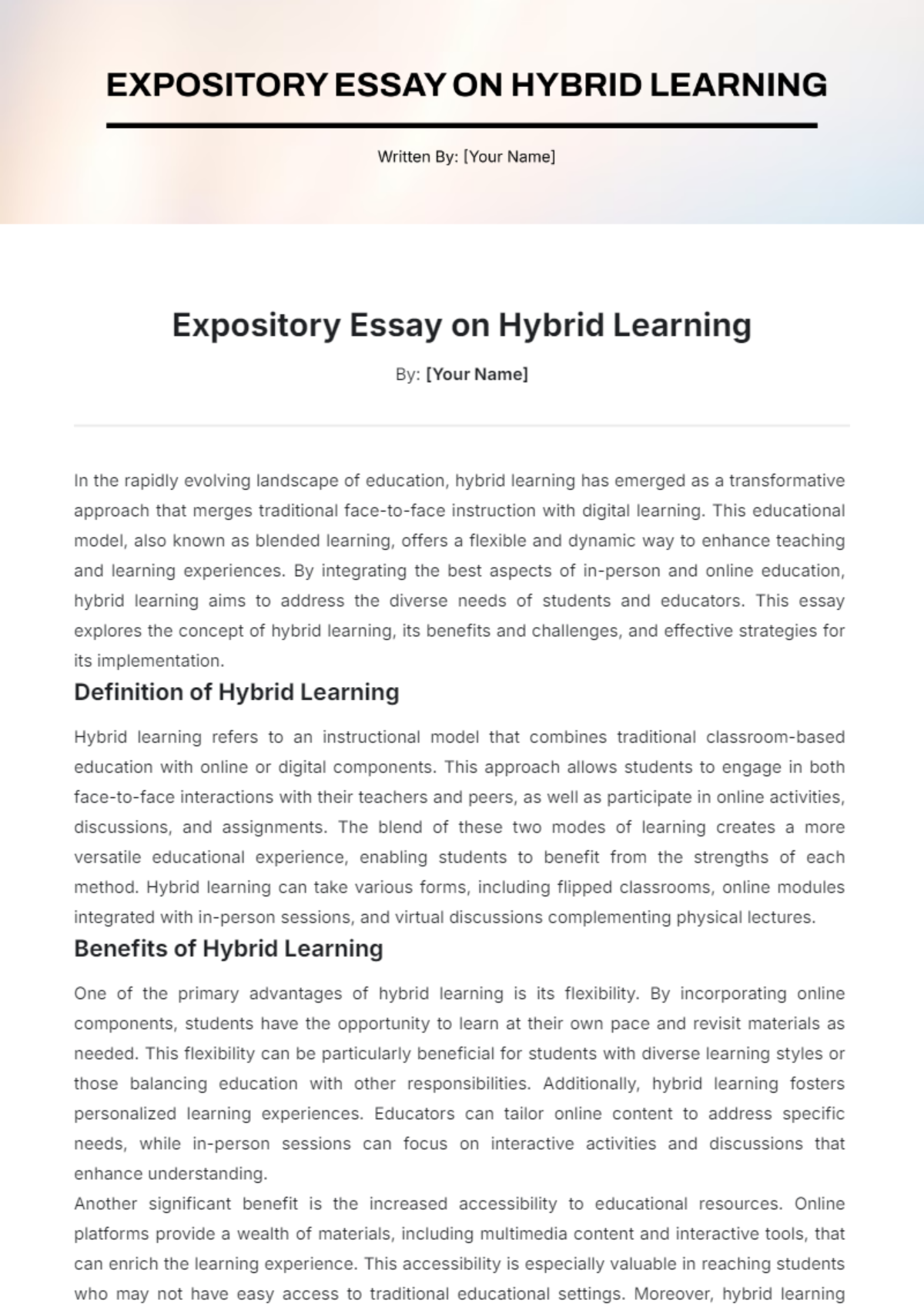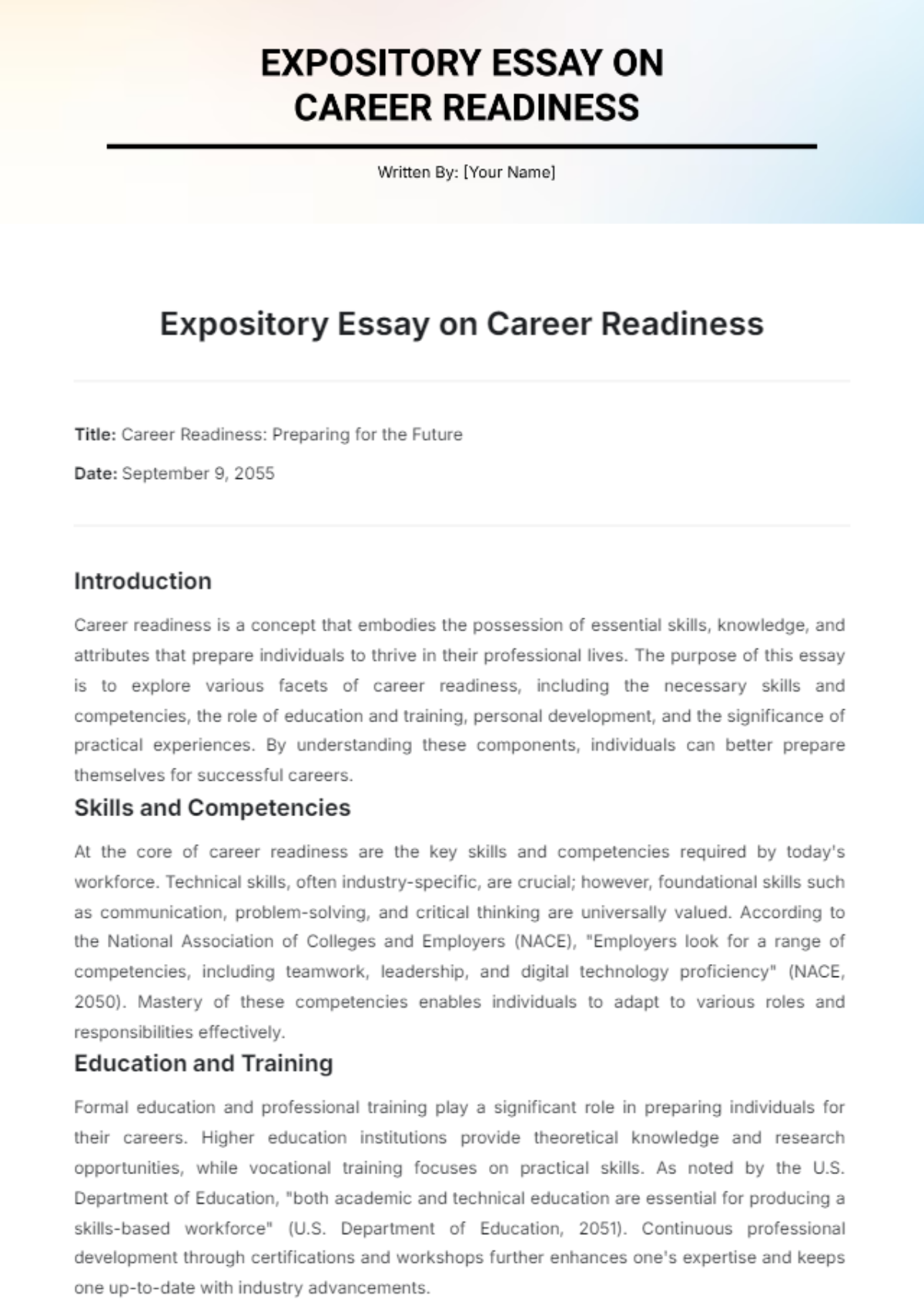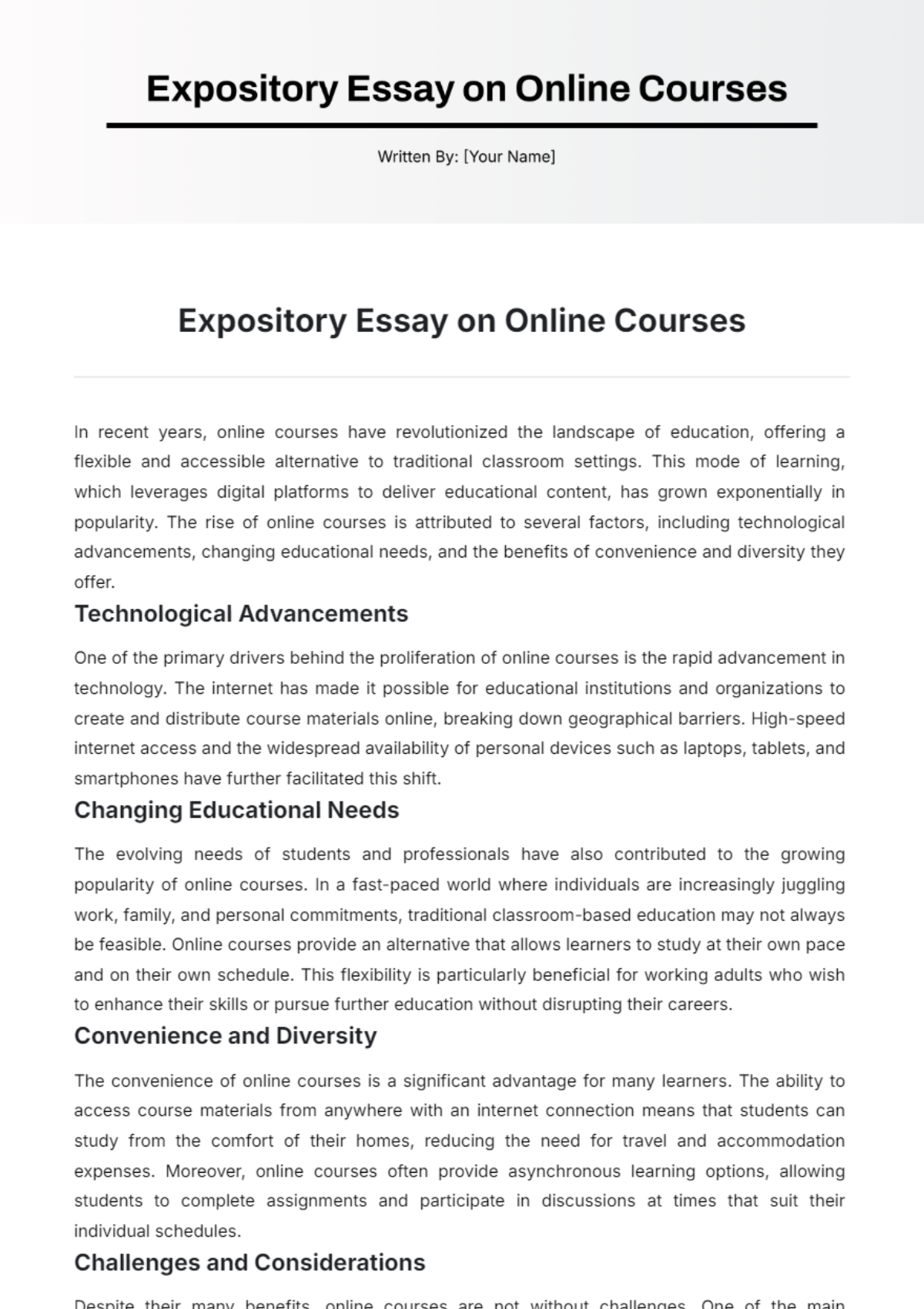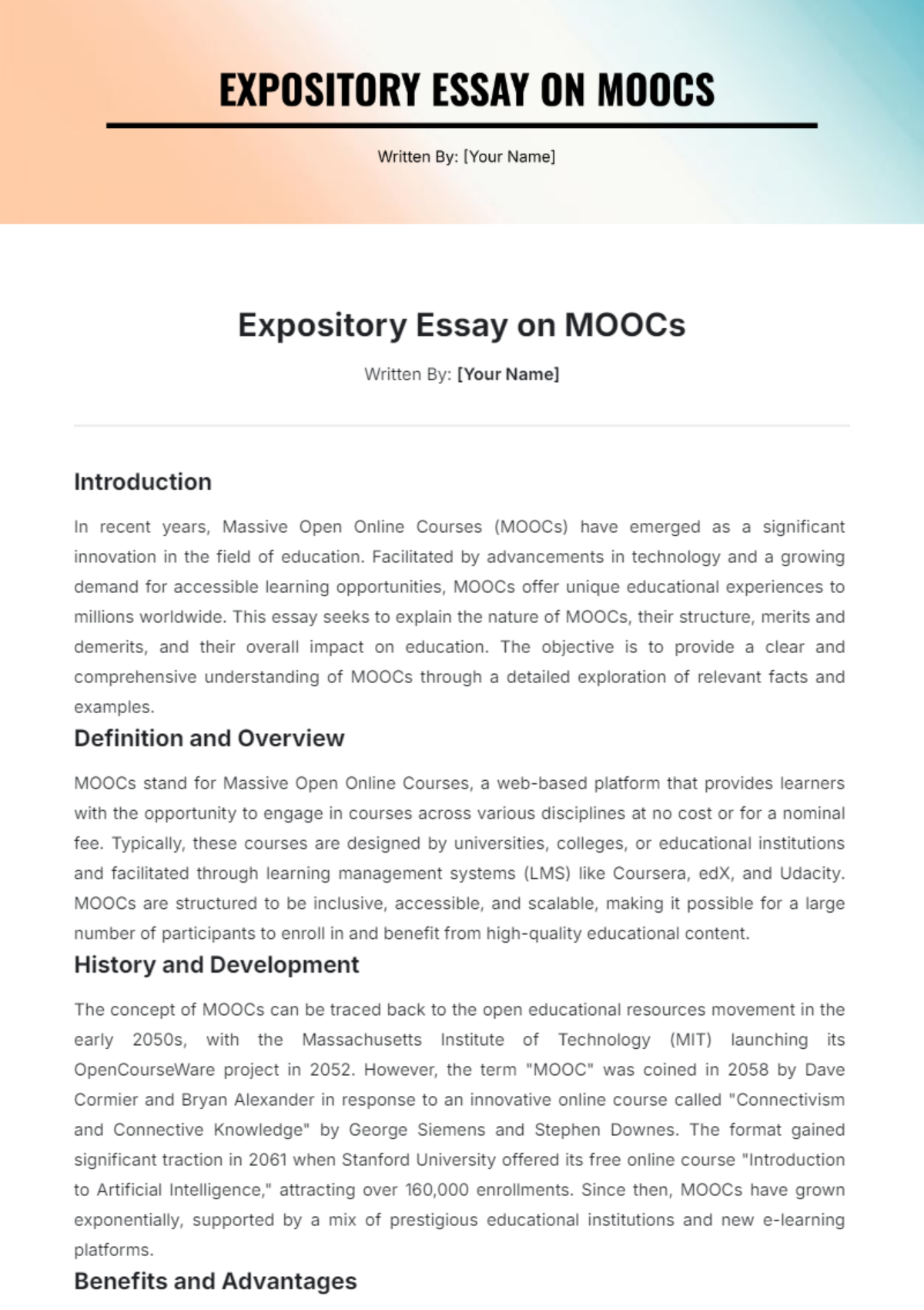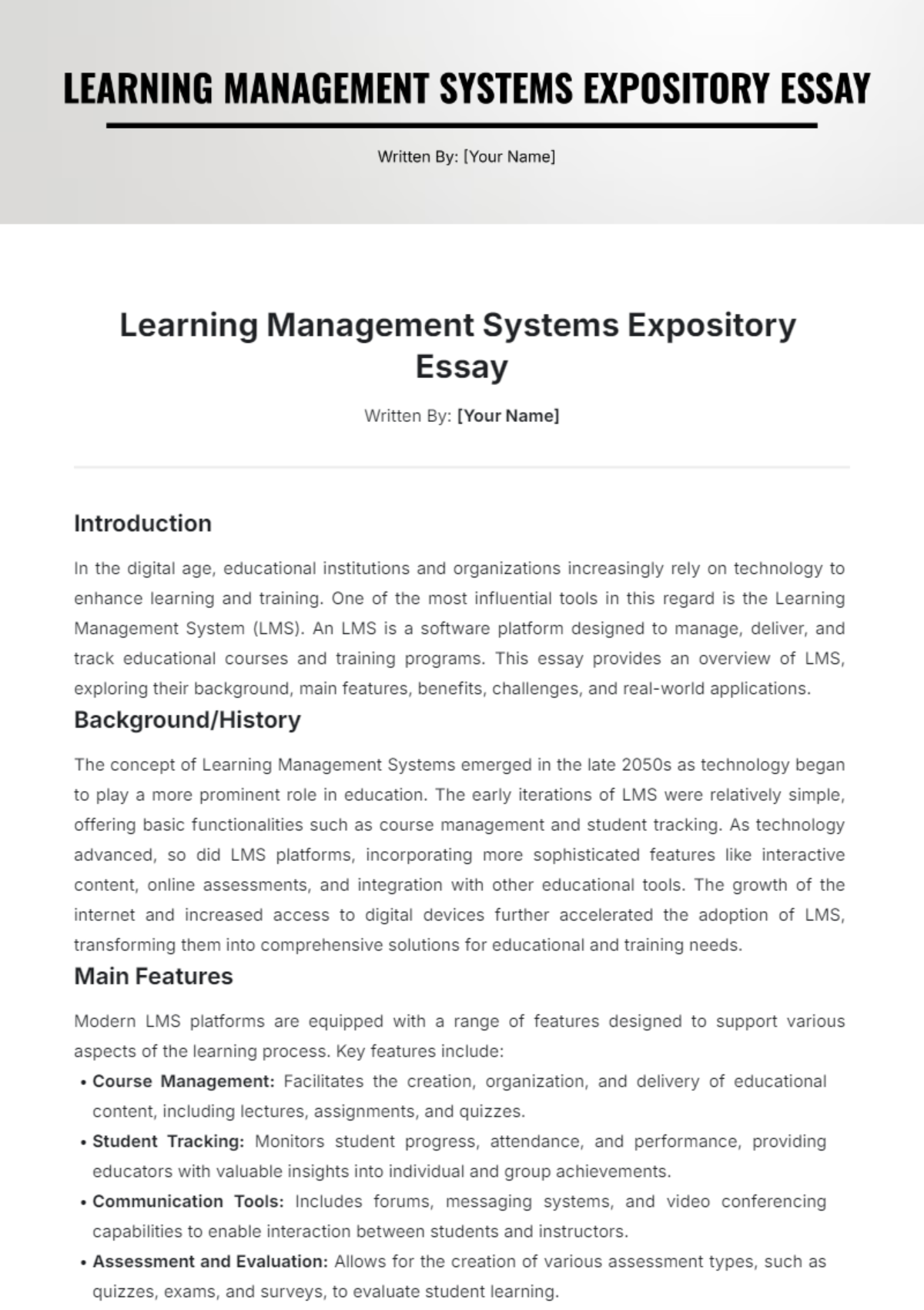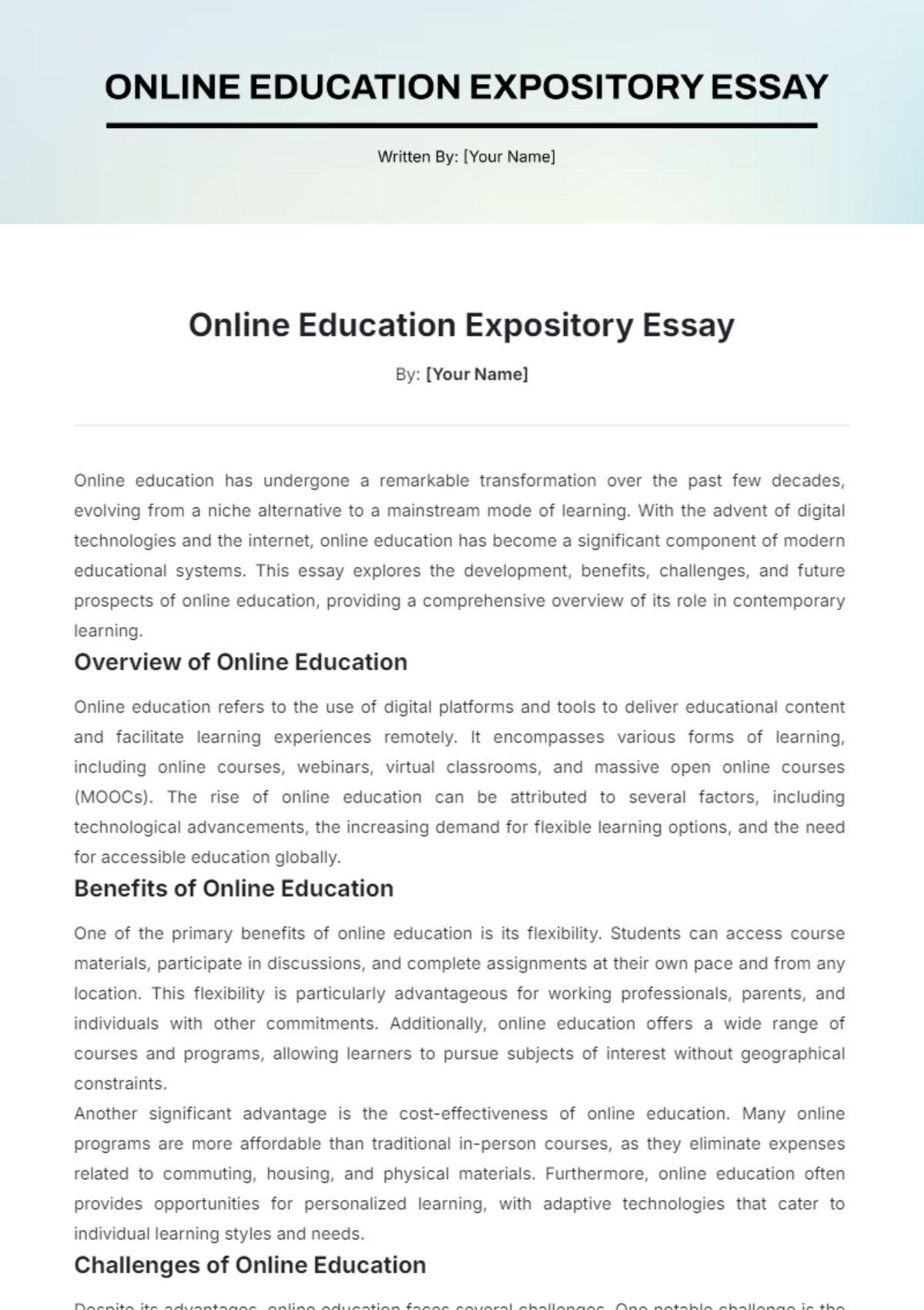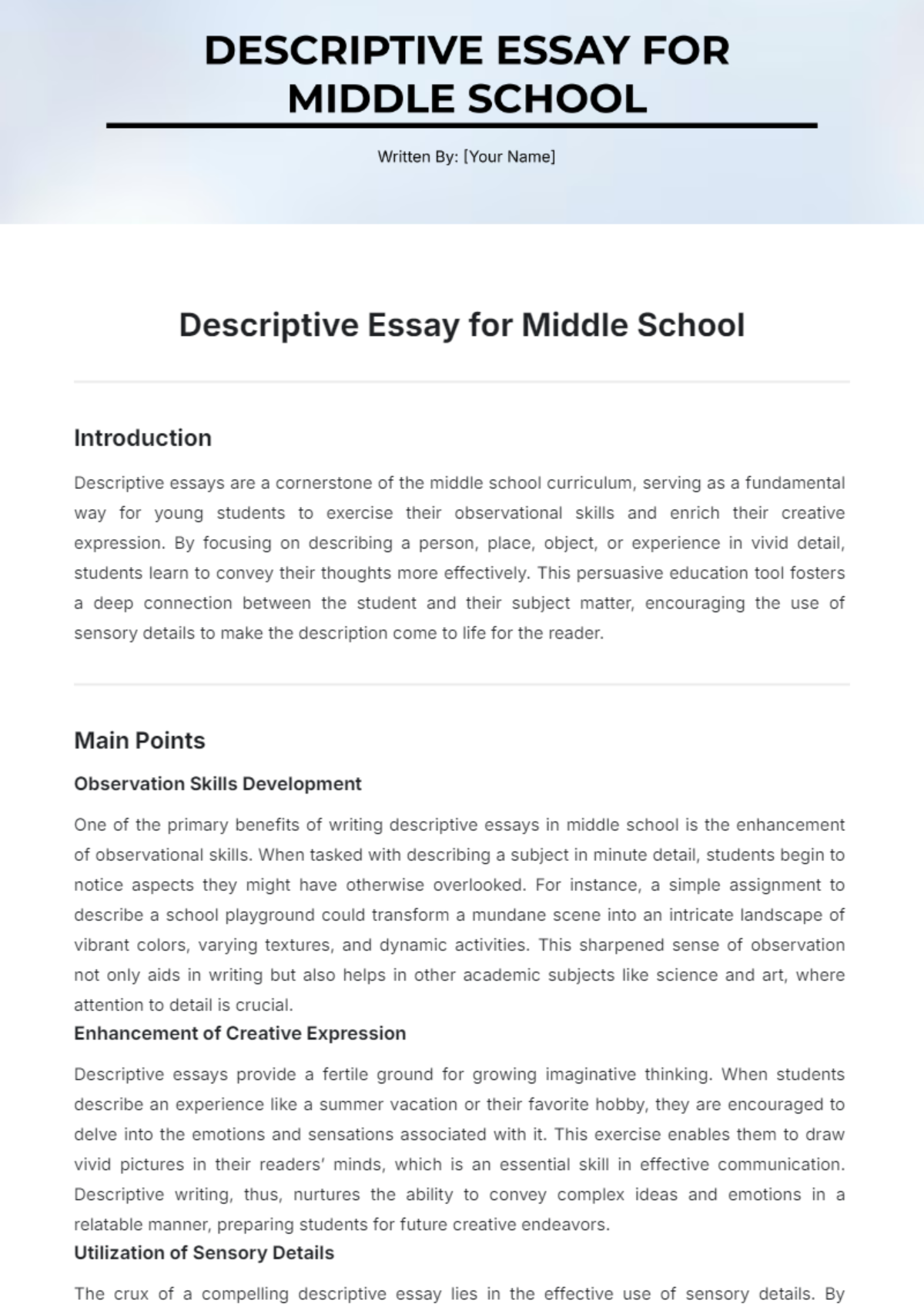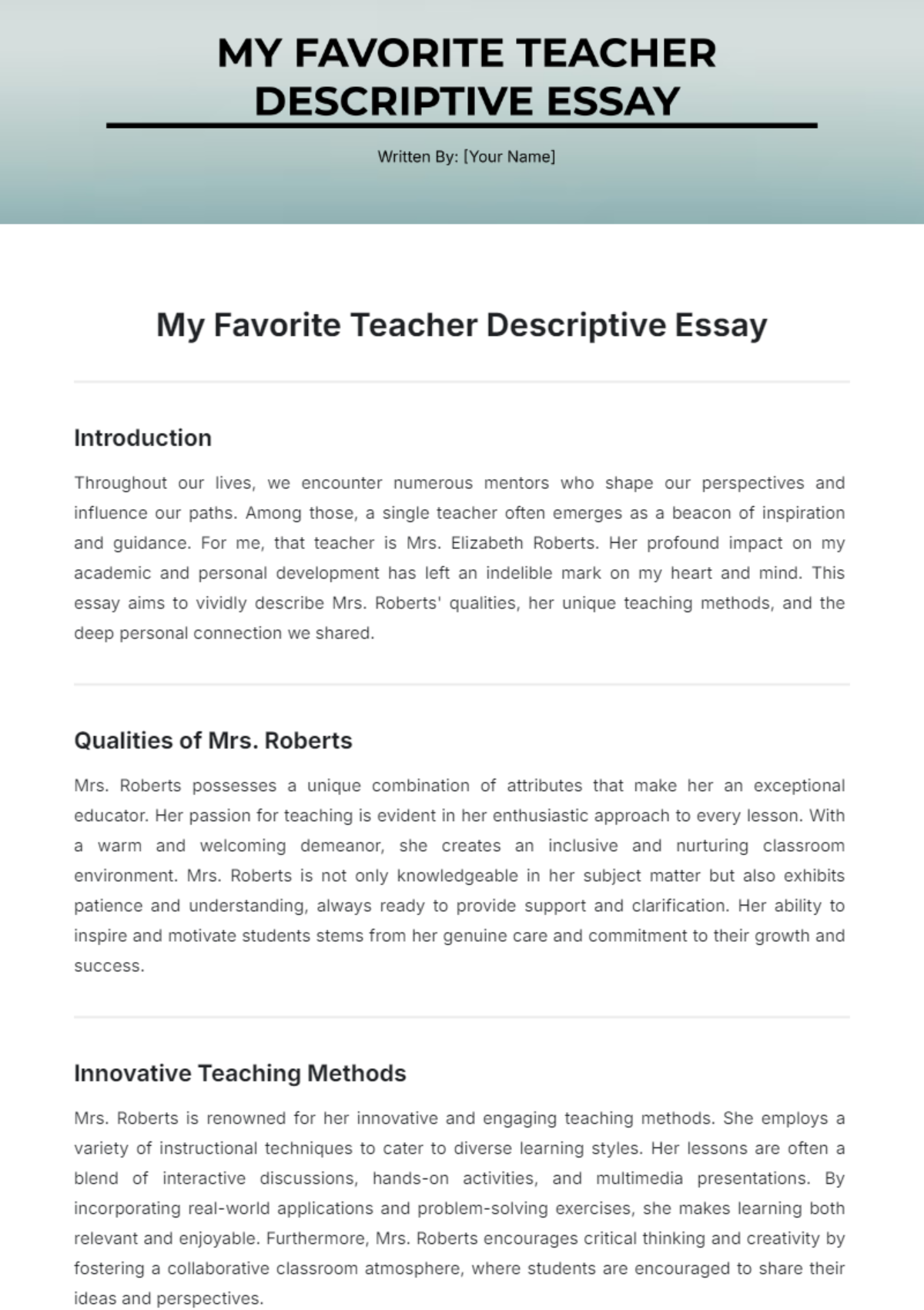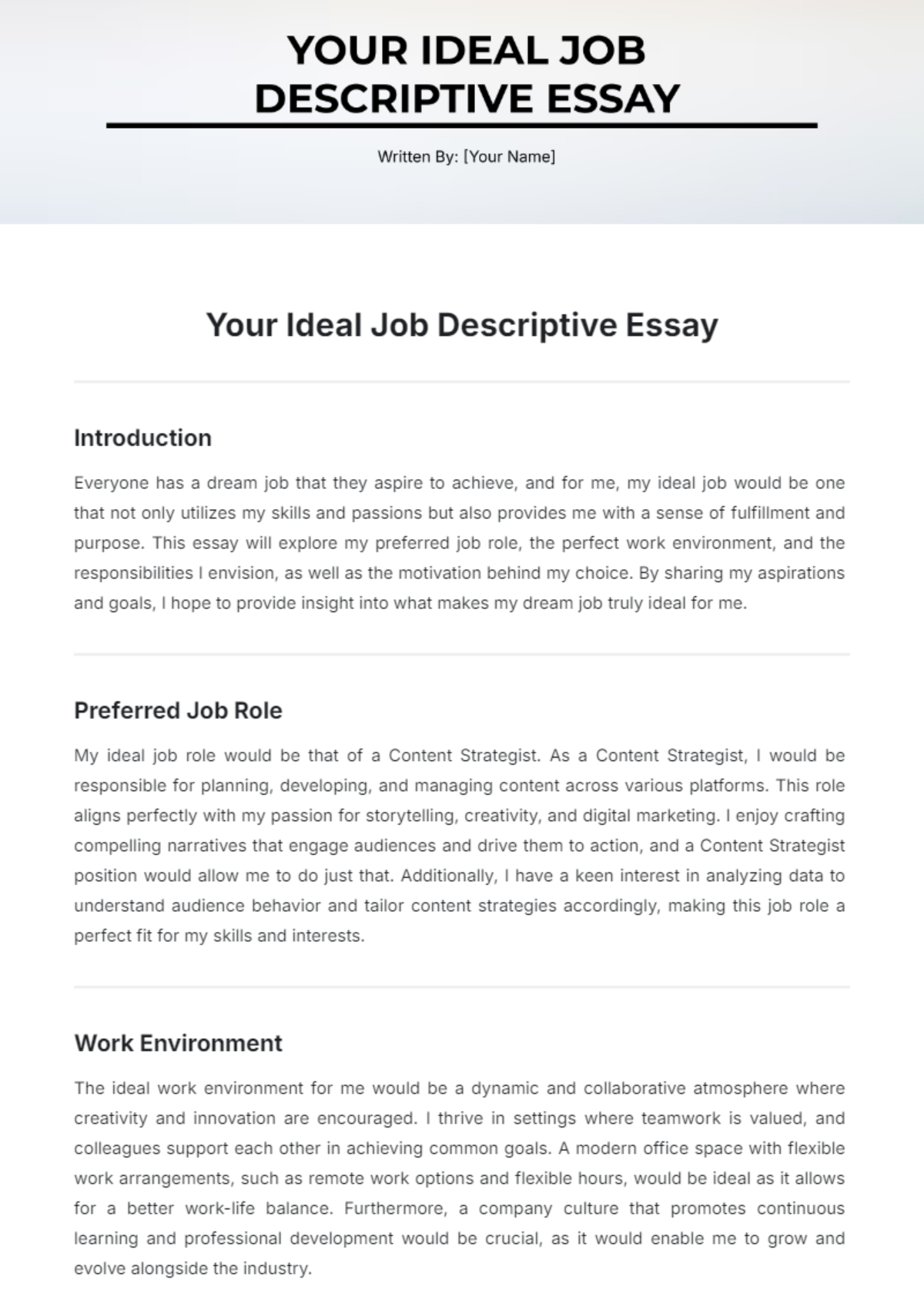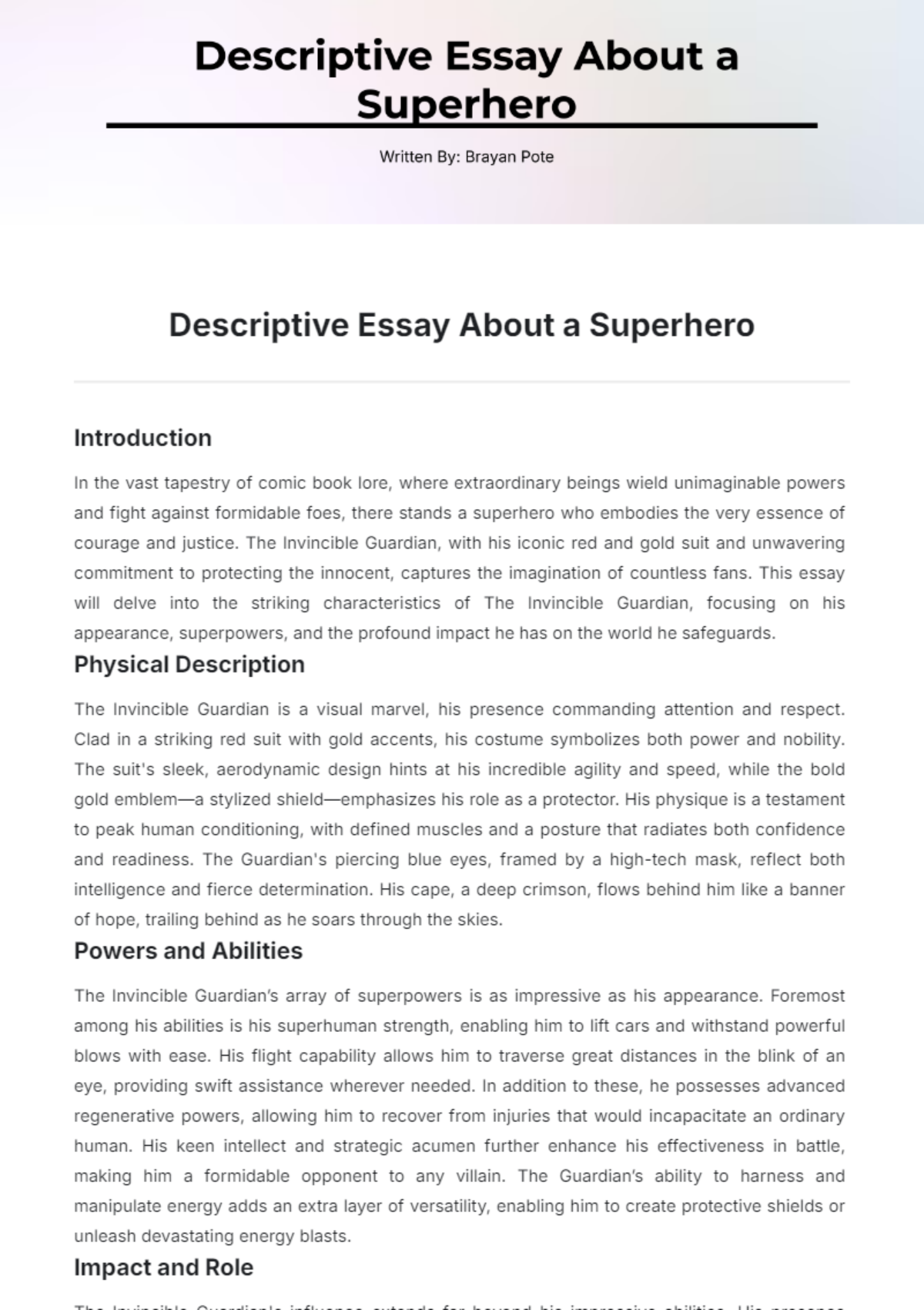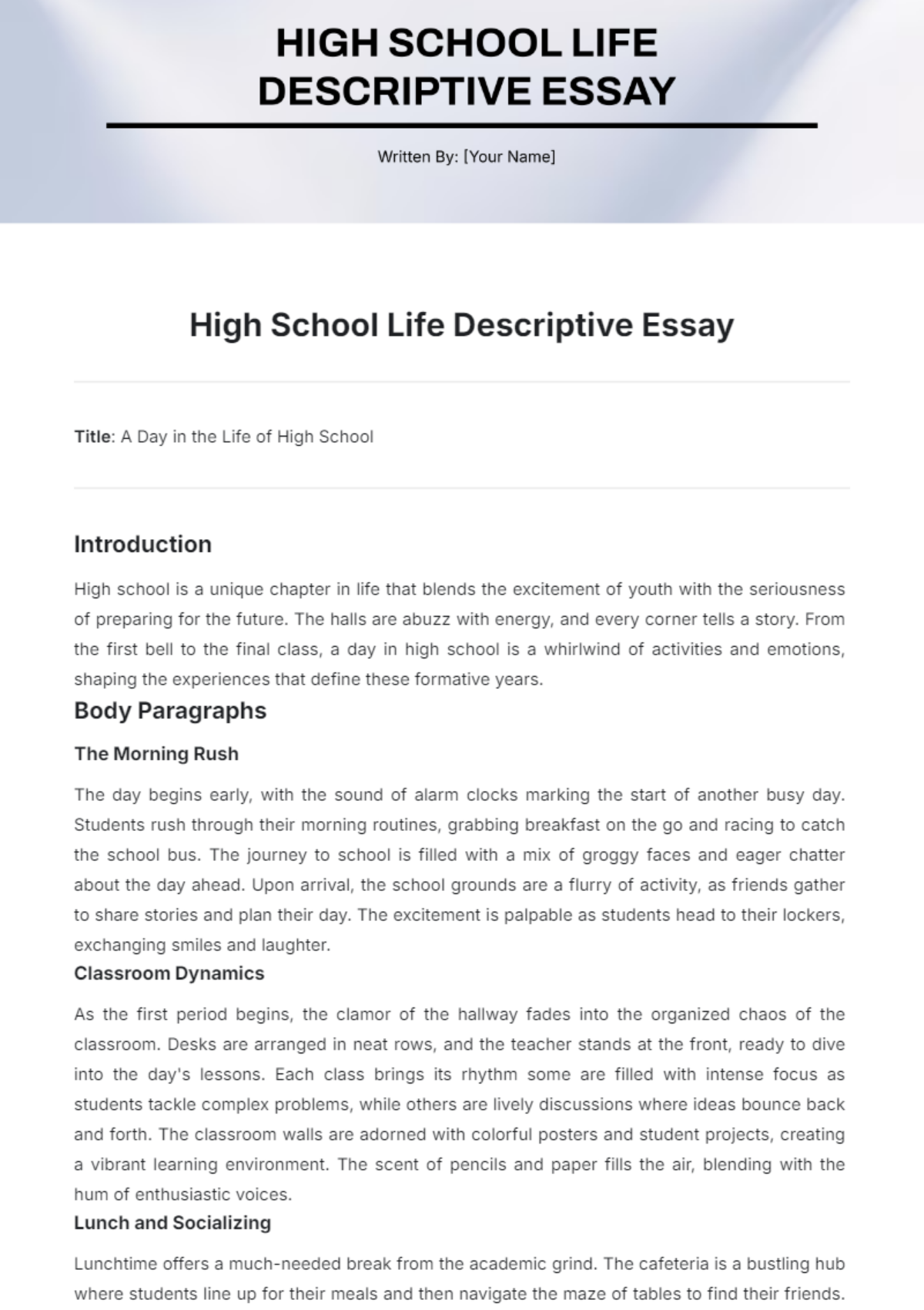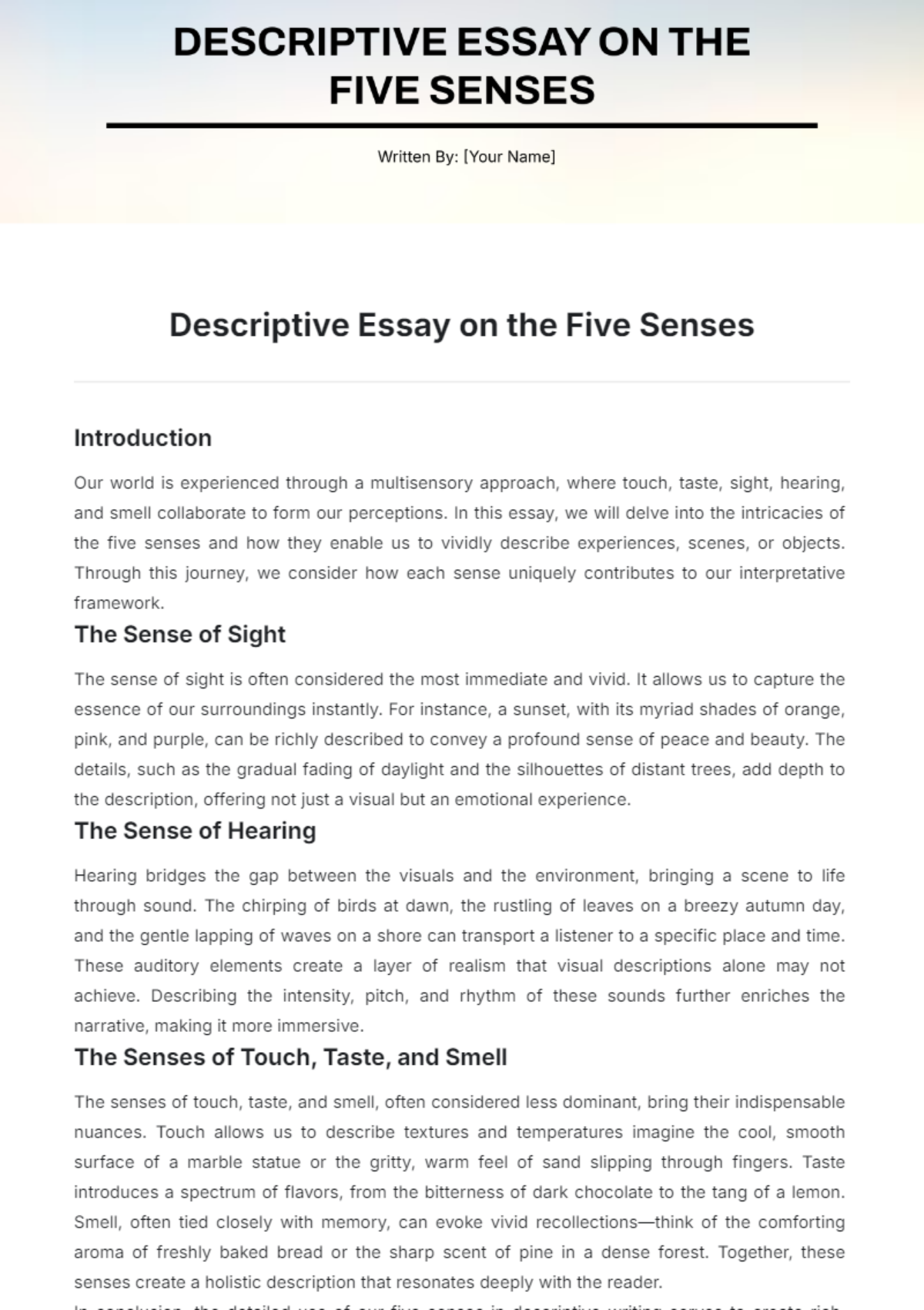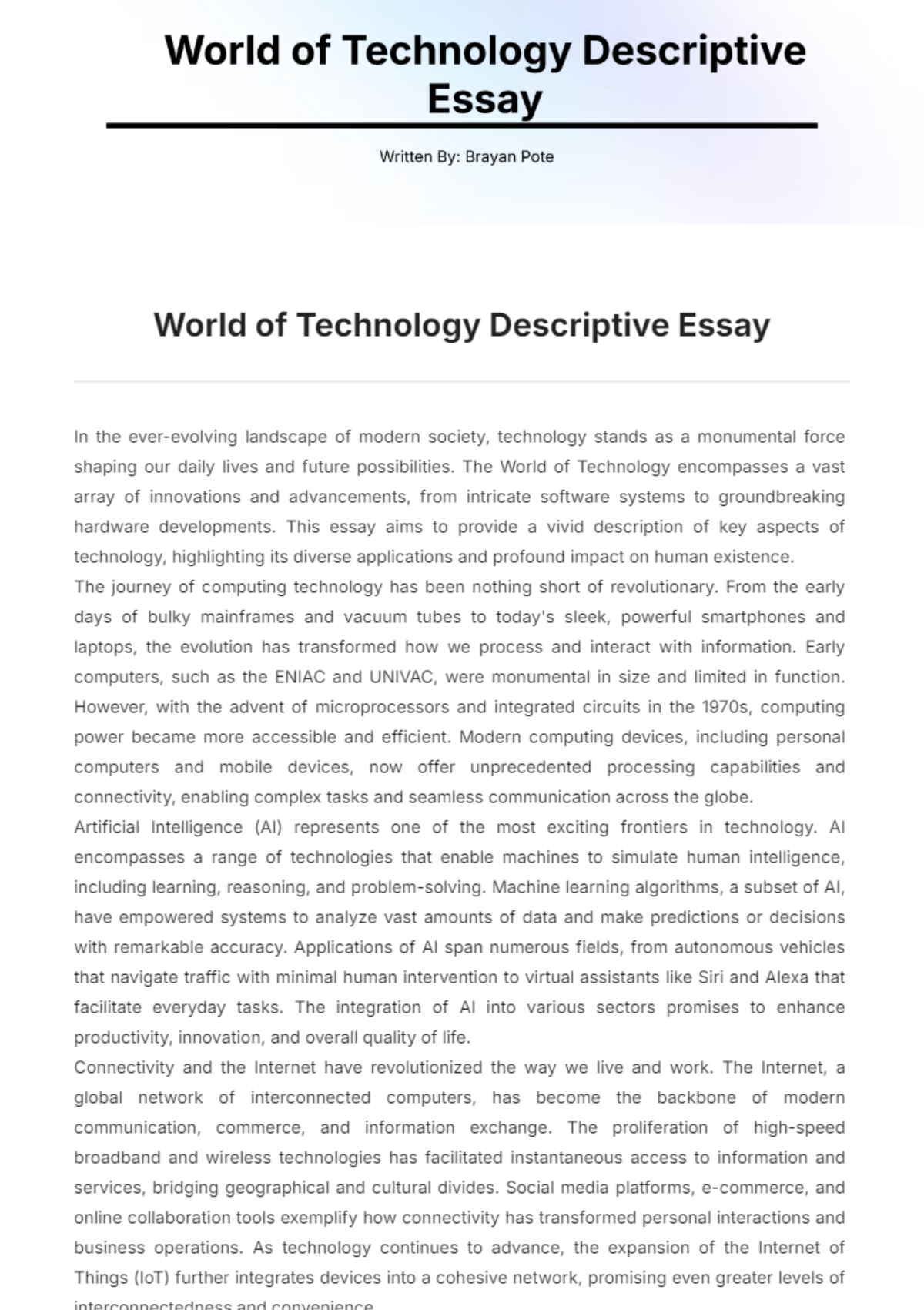Rise of AI in Business Descriptive Essay
Written by: [Your Name]
Introduction
Artificial Intelligence (AI) has emerged as a pivotal technology reshaping the contemporary business landscape. Its profound impact on growth, innovation, and competitive advantage is undeniable. From revolutionizing day-to-day operations to enhancing customer interactions, AI is fundamentally transforming the way businesses operate. This essay delves into the evolving trends, diverse applications, and significant impacts of AI on various business functions, including operations, decision-making, customer service, and strategic planning.
Historical Context
AI's journey in the business realm commenced with the advent of computing technology in the mid-21st century. Early AI applications were primarily leveraged for tasks such as data processing and basic automation. However, significant advancements in machine learning, natural language processing, and data analytics over the past few decades have expanded AI's capabilities and its integration into business processes.
Current Applications
Today, AI is embedded in numerous business operations. In manufacturing, AI-powered robots and predictive maintenance systems enhance productivity and reduce downtime. In finance, algorithms are used for automated trading, fraud detection, and risk assessment. The retail sector employs AI for inventory management, personalized marketing, and customer service through chatbots. AI also supports decision-making by providing actionable insights from big data analytics, helping businesses formulate more informed strategies.
Benefits and Challenges
AI offers numerous benefits to businesses, including increased efficiency, cost savings, and improved customer satisfaction. Automated processes reduce human error and operational costs, while AI-driven analytics provides deeper insights into market trends and consumer behaviors. However, the integration of AI also poses challenges. Data privacy, ethical considerations, and the potential for job displacement are significant concerns. Additionally, the complexity and cost of implementing AI solutions can be a barrier, particularly for small and medium-sized enterprises.
Case Studies
Several companies exemplify successful AI integration. For instance, Amazon's AI-driven recommendation system contributes significantly to its revenue by personalizing customer experiences. In healthcare, IBM's Watson assists in diagnosing medical conditions and suggesting treatment plans, demonstrating AI's potential in complex decision-making environments. Meanwhile, companies like Tesla utilize AI in autonomous driving technology, pushing the boundaries of innovation in the automotive industry.
Future Trends
The trajectory of AI in business points toward further advancements and deeper integration. Future trends include the rise of AI-as-a-Service (AIaaS), enabling even small businesses to leverage AI without significant upfront investment. Enhanced AI algorithms and quantum computing will likely lead to more sophisticated and faster data processing capabilities. Moreover, AI's role in developing sustainable business practices, such as optimizing energy use and reducing waste, is expected to grow, aligning with global sustainability goals.
Conclusion
In conclusion, the rise of AI in business marks a transformative era, providing substantial benefits while posing distinct challenges. As technology continues to evolve, businesses must navigate the complexities of AI implementation to harness its full potential. Ultimately, the successful integration of AI will depend on balancing innovation with ethical considerations and ensuring that the benefits are equitably distributed across the business ecosystem.


